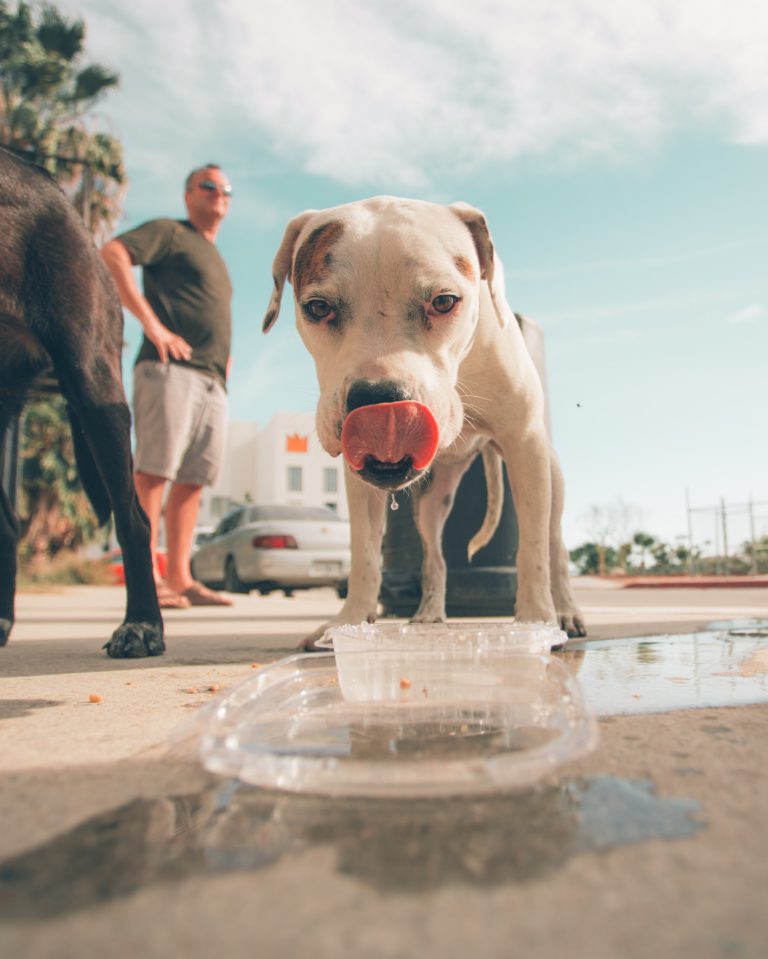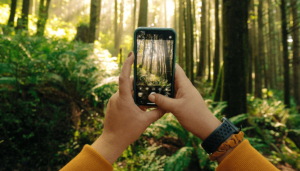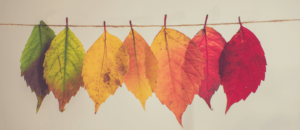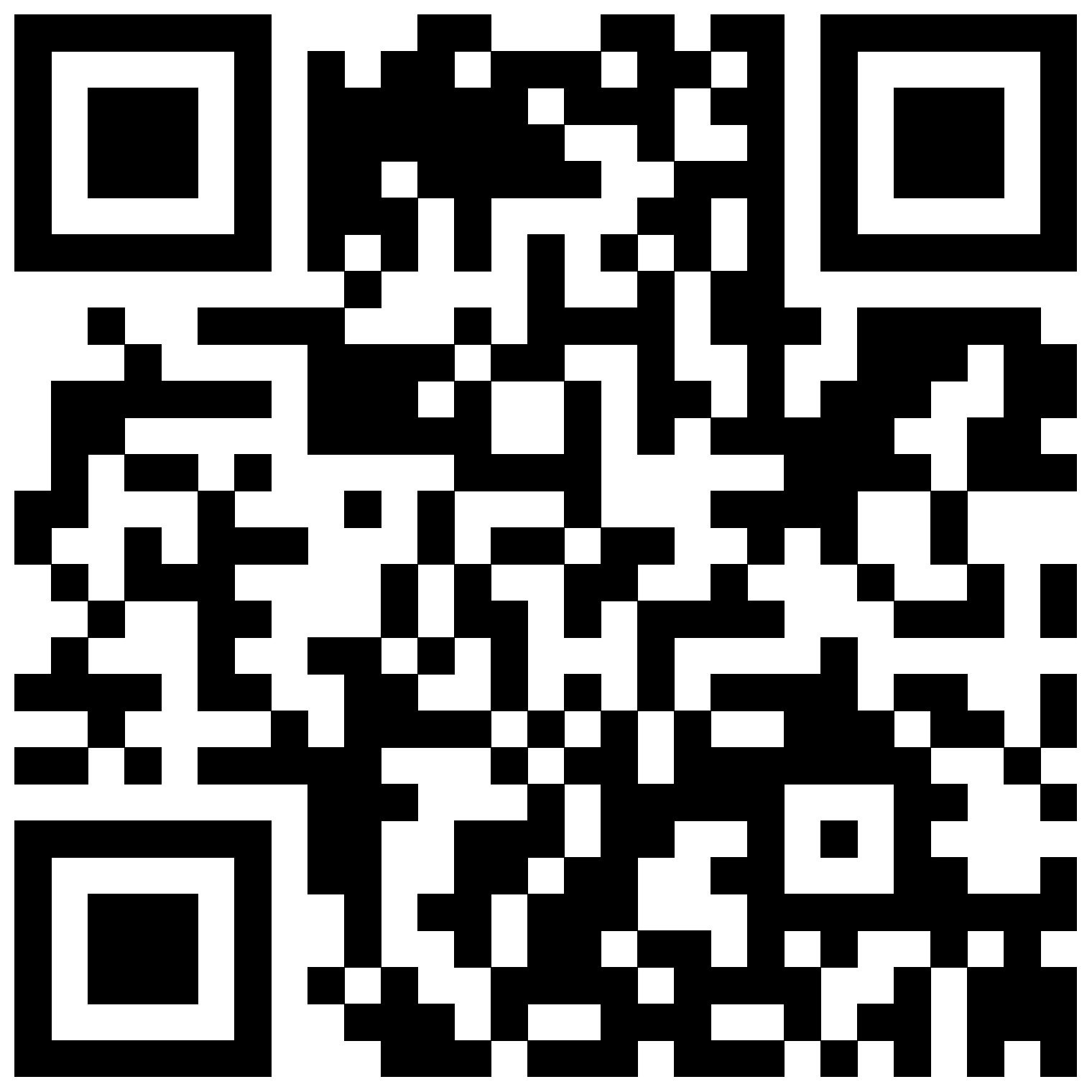
The Best Period Tracker Apps of 2025
The 5 Best Period Tracker Apps of 2025 Finding the Best Period Tracker App for You Published on August 8th 2025Written by Jesse Driessen When it comes to tracking your menstrual cycle, it can sometimes feel like you’re forced to choose between convenience, accuracy, and privacy. Over the last few years,






